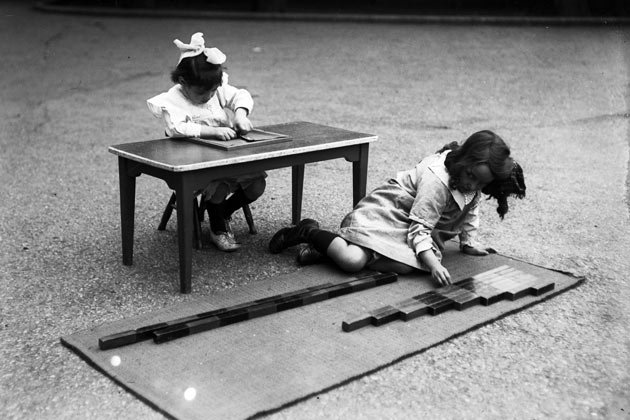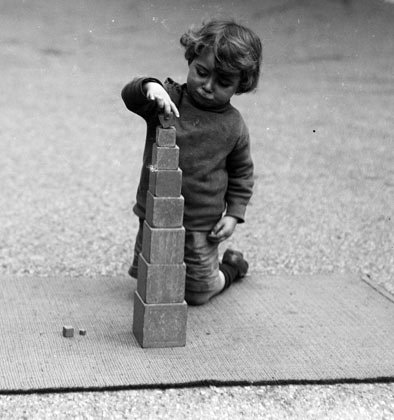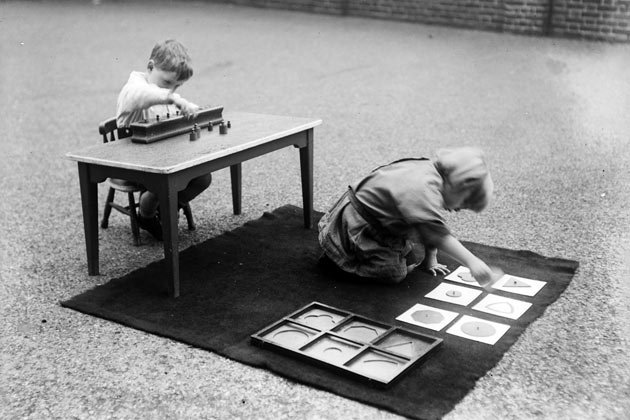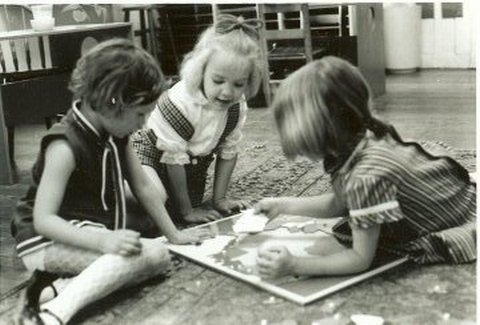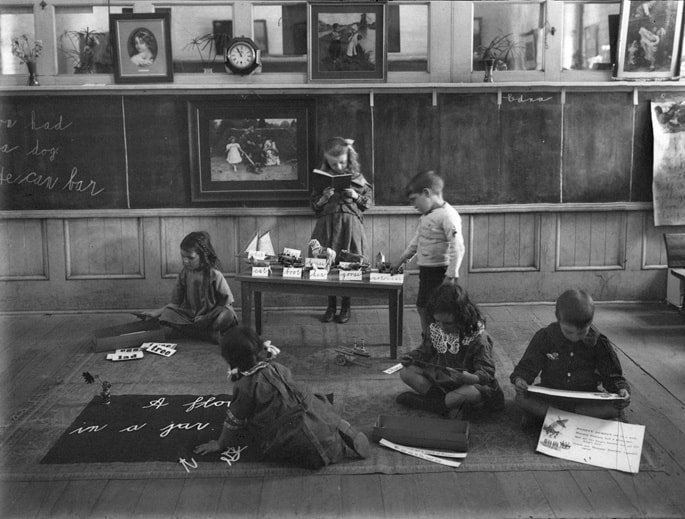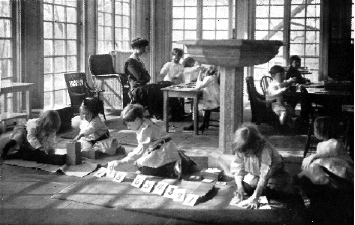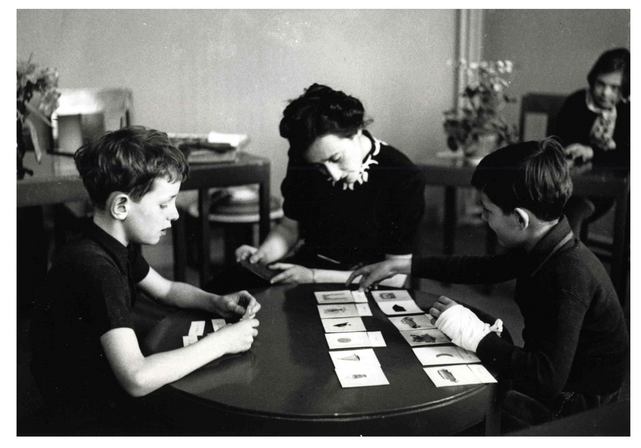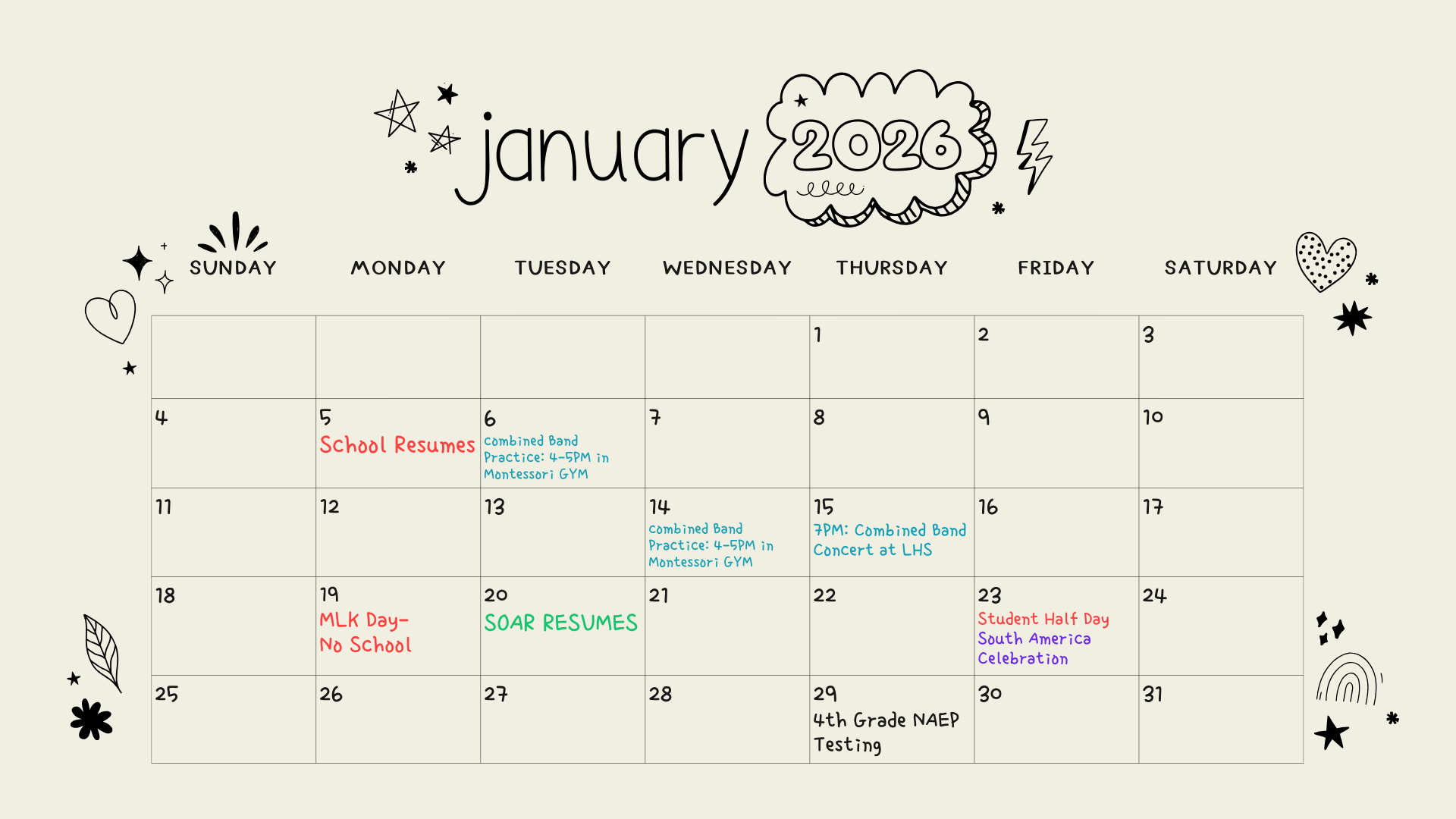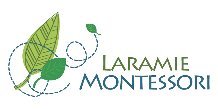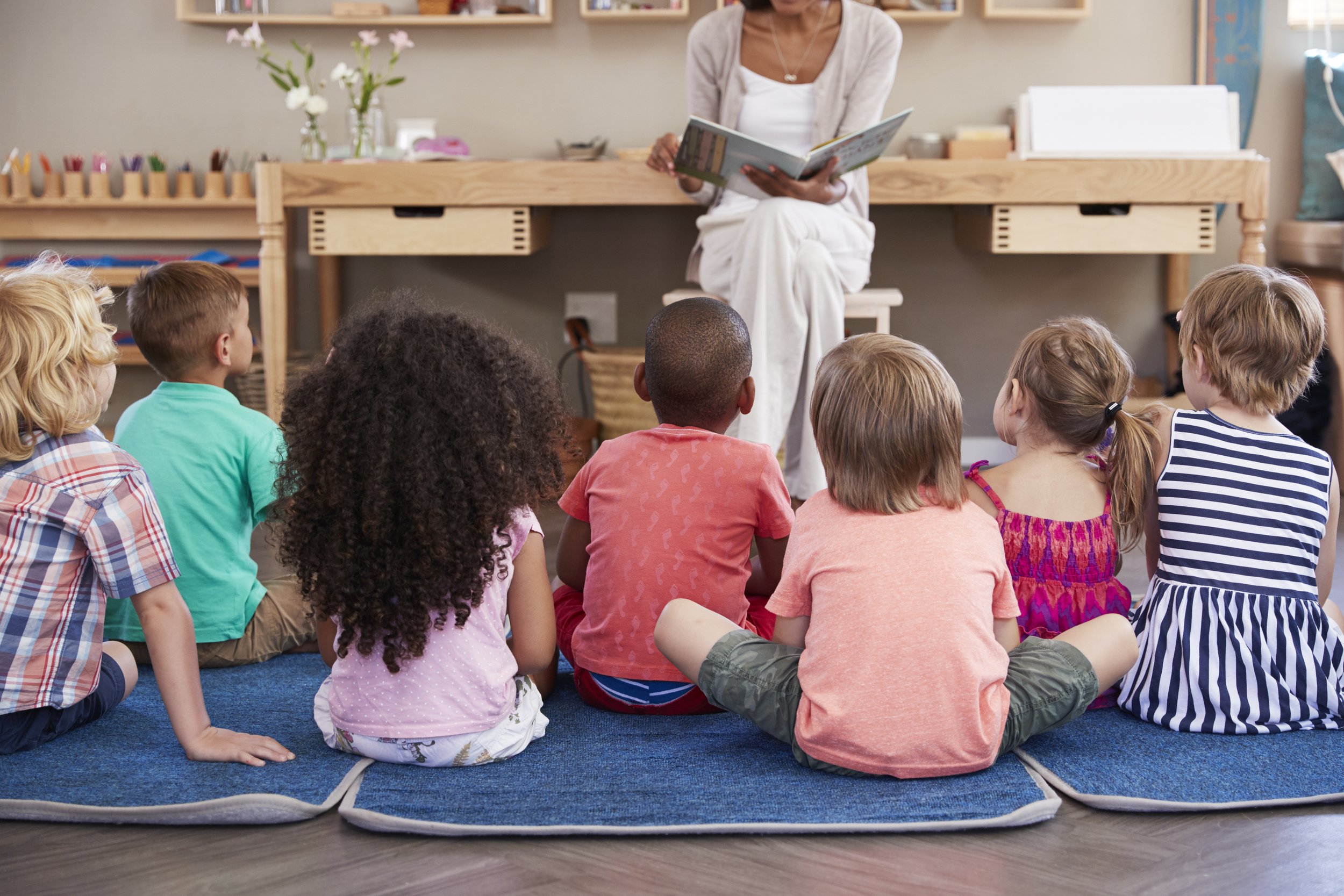
Welcome to Laramie Montessori Charter School
A Montessori Charter School serving students from Pre-Kindergarten through 6th grade. Kindergarten through 6th grade is tuition free, our preschool charges tuition for children 3 through 5 years of age.
A Montessori Charter School serving students from Pre-Kindergarten through 6th grade. Kindergarten through 6th grade is tuition-free, our preschool charges tuition for children 3 through 5 years of age.
For more information, please see the LMCS Preschool Enrollment page. Please also call for more information or for a tour.
Our mission is to support the development of the whole child through an authentic Montessori environment that honors the child's intrinsic motivation to learn and supports each individual's unique intellectual, physical, social, and emotional development.
Along with the Montessori curriculum every child also receives instruction in Art, Music, Keyboarding, Library Skills, Robotics, Life Skills, and Physical Education. For more information please call for we would be happy to speak with you or provide a tour. Contact us at (307) 742-9964 or browse our website.
What is Montessori?
For over a century, the Montessori Curriculum has been a beacon of innovative education, reaching students in countries all around the globe. Founded by Dr. Maria Montessori, an Italian physician, and educator, this method of teaching is rooted in a deep understanding of child development. Pictured in many historical photographs are students diligently working in one of Maria Montessori's original schools. These images capture the essence of a Montessori classroom, where children are encouraged to explore and learn at their own pace.
The environment is carefully crafted to stimulate curiosity, creativity, and independence. The Montessori method emphasizes hands-on, self-directed learning. Children are provided with specially designed materials that are still used in modern Montessori classrooms today. These materials, many of which were invented by Dr. Montessori herself, are crafted to be self-correcting, allowing students to learn from their mistakes and develop problem-solving skills. In a Montessori classroom, the teacher's role is that of a guide rather than a traditional instructor. They observe and facilitate the learning process, stepping in only when necessary to encourage and support. This fosters a love of learning and helps children to become confident, independent thinkers.
The curriculum is divided into several key areas, including Practical Life, Sensorial, Mathematics, Language, and Cultural Studies. Each area is designed to meet the developmental needs of the child, building foundational skills that will serve them throughout their lives. Practical Life exercises teach children essential life skills such as dressing, cooking, and cleaning. Sensorial activities engage the senses, helping children to classify and understand the world around them. Mathematics and Language areas provide structured lessons in arithmetic, geometry, reading, and writing. Cultural Studies encompass subjects like geography, history, and science, connecting children to the broader world.
Montessori education is not confined to a specific culture or socioeconomic status; it is adaptable and has been successfully implemented in diverse settings. Its principles are universal, focusing on the natural development of the child and recognizing the potential within each individual. Today, Montessori schools continue to thrive, holding true to the principles and practices that Maria Montessori envisioned. The legacy of her work is evident in the success and fulfillment of countless students who have been nurtured under this unique educational philosophy. The Montessori method remains a timeless approach to education, resonating with the innate curiosity and potential of every child.
